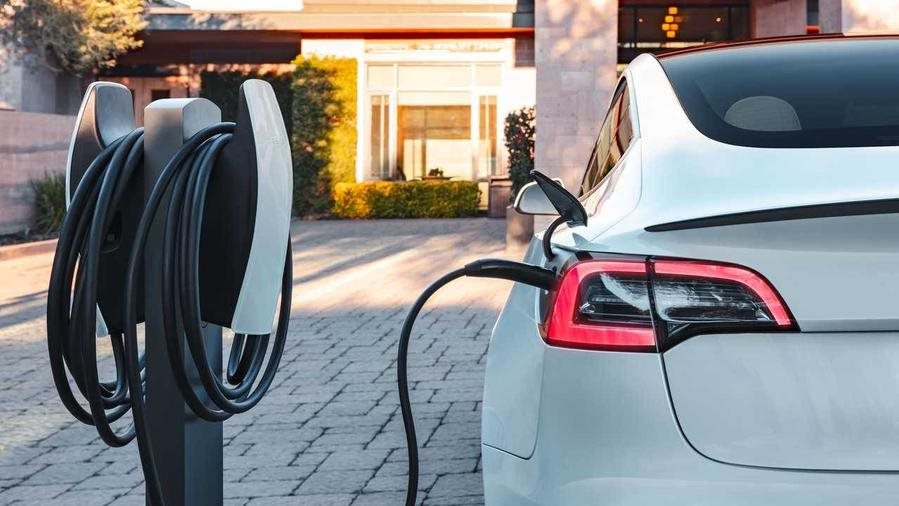
China denies any unfair activity on its part
EU Plans Oct. 4 Vote on Tariffs on Electric Vehicles from China

The European Union is planning to vote Oct. 4 on whether to impose tariffs as high as 45% on imported electric vehicles made in China، according to people familiar with the matter.
Member states have received a draft of the regulation for the proposed measures، the people said. The vote among the bloc’s member states was slightly delayed amid last-minute negotiations with Beijing to try to find a resolution that would avoid the new levies.
Talks continue
Talks between the two sides can continue even if member states adopt the tariffs، Bloomberg previously reported. The new date could still change، said the people، who spoke on the condition of anonymity.
The vote comes after a probe by the European Commission، the EU’s executive arm، found that China unfairly subsidizes its EV industry and that tariffs are needed so that European manufacturers aren’t at a disadvantage.
China denies any unfair activity on its part، and has threatened retaliatory tariffs on European products such as dairy، brandy and pork، as well as cars with large engines.
The vote would pave the way for new duties as high as about 35% to kick in from November for five years unless a qualified majority — 15 member states representing 65% of the the bloc’s population — opposes the move. The new tariffs would be on top of the existing 10% rate.
Approving the tariffs
Member states including Germany and Spain have warned against imposing the tariffs، saying it could trigger a trade war. China is Europe’s second-largest trading partner and the two did €739 billion ($825 billion) in trade last year.
European officials are confident the bloc has the numbers to approve the tariffs، Bloomberg reported earlier this week، but are wary about making predictions after Spanish Prime Minister Pedro Sanchez spoke out against the levies، while Germany has kept pressing for a deal with Beijing.
“I am not a fan of countervailing duties because this will likely lead to countermeasures and involve us in a tariff dispute، perhaps a tariff war، with China،” German Economy Minister Robert Habeck said on Monday. “I am working to find a political solution that will not drive us into a tariff war with China.”
The EU and China are discussing a negotiated solution that would include a mechanism to control prices and volumes of exports instead of the tariffs.
The EU has so far rejected proposals offered by China. The bloc’s executive arm has frequently said that any solution would have strict requirements: it would need to be in line with World Trade Organization rules، address the impact of China’s subsidies، and be something the EU can monitor for compliance.





-1120252475029447.jpg)















